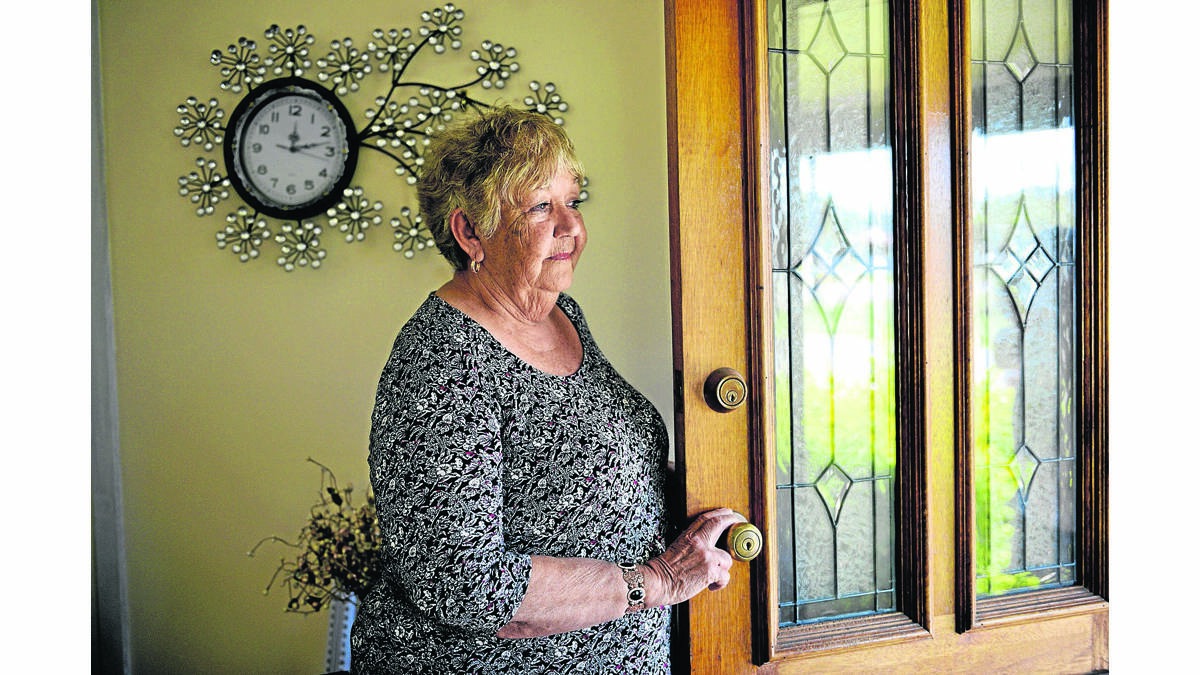
Coral Hennessy has spent 20 years trying to help her daughter break free from an alcohol addiction.
Subscribe now for unlimited access.
or signup to continue reading
She has watched the once bright and life-loving young woman transform into an alcoholic who wants to spend her days drinking, sleeping and taking prescription medication.
The 49-year-old now spends most of her time in mental health facilities, oblivious to the life she could have led.
Ms Hennessy said her daughter is one of thousands of Hunter women who are addicted to drugs or alcohol and who need a specialised women-only rehabilitation centre to help them recover.
But there is only one women’s alcohol and drug rehabilitation centre between Maitland and Sydney, which is on the Central Coast.
She said there was an alcohol and drug rehabilitation centre in Cessnock which houses men and women in the same facility, but that wasn’t the best model.
The only other place for women to turn is a haven in Clarence Town that helps them through a range of lifestyle and addiction issues including drugs and alcohol, she said.
Ms Hennessy, the chairwoman of the Ngaimpe Aboriginal Corporation which operates The Glenn alcohol and drug rehabilitation centre on the Central Coast, is part of The Glenn’s push to lobby the federal government for $3.2 million to start a women’s alcohol and drug rehabilitation centre in the Hunter.
The Glenn’s programs have rehabilitated more than 3000 men since 1994 at its site in Rothbury, and then at Chittaway Point.
“We desperately need this in the Hunter Valley, I believe my daughter would have overcome her addiction if she had access to the same kind of service The Glenn offers men,” Ms Hennessy said.
“[My daughter] has no quality of life; proper rehabilitation in a centre where she has access to around-the-clock counsellors and group meetings without any alcohol at her reach would be better for her.”
The centre will have 25 beds as well as accommodation for women with children.
The Glenn CEO Joe Coyte said women are often “frightened to ask for help” because they “fear their children will be taken from them”.
He said women need a separate site to keep them away from violence and ensure they are not distracted from their rehabilitation.
“Often women who are addicted to drugs rely on a man to supply them and their co-dependent relationship leads to all kinds of complications,” Mr Coyte said.
“Often the alcohol or drug abuse is a symptom of a complicated reason – they’re broken and we’ve got to make sure they feel safe and get them to open up.
“Keeping men and women separate is a better model.”
It will cost more than $960,000 to operate the centre in the first year, including almost $500,000 in wages to employ a full-time manager, four full-time counsellors and a part-time cook.
Mr Coyte hopes the centre can secure some of the federal government’s funding to stop the use of ice.
“We are not asking the government for everything, we are fund-raising and we have a lot of community partners that help us,” Mr Coyte said.
“I look at it as an investment; these women are going to be rehabilitated and then go back out into the community and get jobs and pay tax.”
Mr Coyte said The Glenn had approached mining companies in the region and asked whether they could use a company-owned building and pay cheap rent.
He said it was also reaching out to the community for help.

